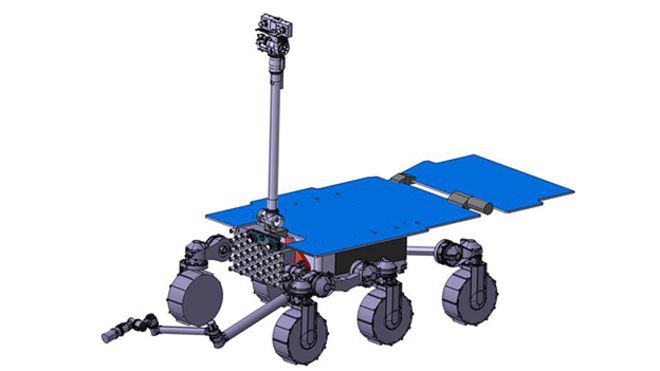Back in April, NASA and the European Space Agency (ESA) agreed to figure out whether it’s possible to bring Martian soil samples back to Earth. Now, the ESA has granted Airbus a $5.2 million contract to design a concept for a rover that can collect those samples on the red planet. The space agency has chosen Airbus’ team in Stevenage, England, because they’re already building the ExoMars rover that’s scheduled to head to our neighboring planet in 2021. Unlike ExoMars and all its scientific instruments, the fetch rover’s lone task is to find and collect the canisters of samples NASA’s Mars 2020 rover prepares and leaves behind. However, that doesn’t mean that designing the vehicle would be easy.
Mars 2020 will drill and dig up soil samples to put in over 30 tubes and will then drop them at various points. The fetch rover, which could head to the planet in 2026, will have to be able to detect them from a distance, autonomously drive to their location, pick them up with a robotic arm and then keep them in its storage space. It will also have to be able to plot its driving route on its own every single day.
Ben Boyes, who will lead the feasibility team at Airbus, explained:
“It will be a relatively small rover — about 130kg; but the requirements are very demanding. The vehicle will have to cover large distances using a high degree of autonomy, planning its own path ahead day after day.”
Here’s Airbus’ early design for the fetch rover:

It could take the vehicle around 150 days to collect all the canisters Mars 2020 leaves behind. After that, it has to find the rocket it landed with. It will hand off the sample tubes to the rocket and will film it when it blasts off, which means we might be able to see the first liftoff from Mars within less than a decade. That rocket will then rendezvous with an orbiter to bring the samples back to Earth. Of course, all those will only happen if the agencies’ feasibility studies determine that the mission is worth pursuing and if they can develop the technologies it needs.
(34)

